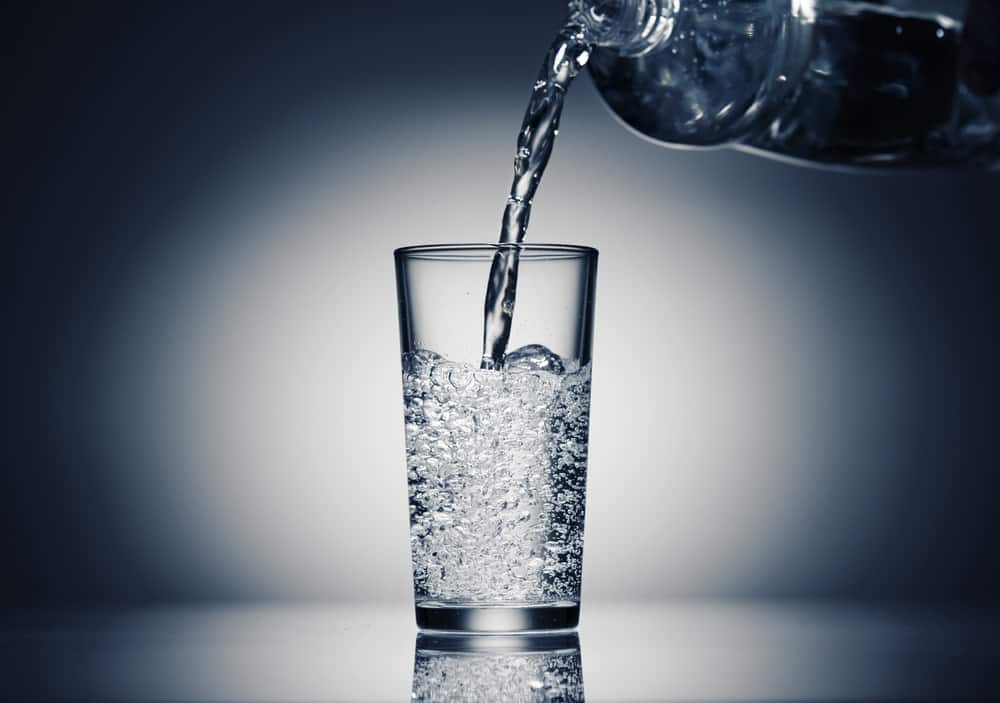Water itself does not expire in the same way that food or beverages with organic components do. Pure water, without any added substances or contaminants, does not spoil or become unsafe to drink over time. However, even though water doesn’t “go bad,” it can become contaminated or develop off-flavors if stored improperly or for extended periods.
The primary concern with stored water is microbial contamination. If water is stored in a container that is not properly sanitized or sealed, bacteria, algae, or other microorganisms may grow over time, leading to potential health risks. Additionally, if water is stored in containers made of materials that can degrade or leach chemicals into the water, such as certain plastics or metals, it can affect the taste and safety of the water.
To ensure that stored water remains safe to drink, it’s essential to follow proper storage guidelines:
Seal containers tightly
Make sure that containers are tightly sealed to prevent contamination from outside sources. This helps keep bacteria, insects, and other contaminants out of the water
Use clean containers
Store water in clean, food-grade containers that are specifically designed for long-term water storage. These containers should be made of materials that are inert and won’t leach chemicals into the water.
Store in a cool, dark place
Keep stored water away from direct sunlight and high temperatures, as heat and UV radiation can promote microbial growth and accelerate the degradation of container materials.
Rotate water periodically
While water itself doesn’t expire, it’s a good idea to periodically rotate stored water to ensure freshness and quality. Use and replace stored water every 6 to 12 months, or according to the manufacturer’s recommendations.
Monitor for signs of contamination:
Check stored water regularly for any signs of contamination, such as cloudiness, unusual odors, or off-flavors. If water appears or smells abnormal, it should not be consumed.
In summary,
while water itself does not expire, proper storage and maintenance are essential to ensure that stored water remains safe and palatable for drinking. By following recommended storage guidelines and periodically rotating stored water, you can maintain a reliable supply of clean drinking water for emergencies or everyday use.
| Does Water Expire? |

